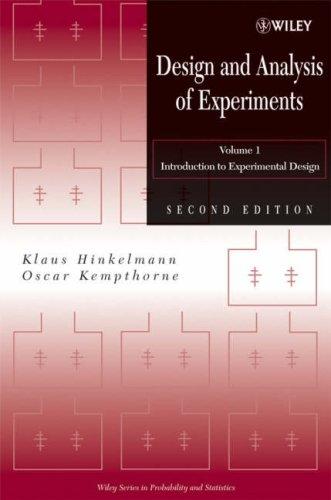Question
Research laboratory work in physics MEASUREMENT AND PRECISION OF PHYSICAL QUANTITIES Situation description It is possible to determine the size and volume of various objects
Research laboratory work in physics
MEASUREMENT AND PRECISION OF PHYSICAL QUANTITIES
Situation description
It is possible to determine the size and volume of various objects both by direct and performed measurements. The obtained results will vary, it also depends on the accuracy of the measuring instruments used.
Task
Using a tape measure and a measuring cylinder, determine the volume of a given body and the accuracy of the estimated results by calculating the absolute error and the relative error.
Work accessories and substances
Tape measure, measuring cylinder (measuring glass), rectangular parallelepiped (to sink in water), string (thread), water.
Work progress
1. Measure the length, width and height of the rectangular parallelepiped with a tape measure!
2. Record the results in table 1!
3. The measurement is repeated two more times!
4. Pour enough water into the measuring cylinder to completely submerge the parallelepipeds and determine the initial volume of water V0.
5. Record results in Table 2!
6. Wrap it in a string and completely immerse it in water, determining the water volume V1.
7. Record the results in table 2!
8. The measurement is repeated two more times!
9. Calculate the average value of the measurements!
10. Record the results in the appropriate table!
11. Calculate the volume of the parallelepiped!
12. Record the results in the appropriate table!
13. Calculate the relative error and absolute error of the volume.
Registration and processing of obtained data
Table 1
Linear dimensions and volume of bodies, measured with a tape measure
| Body | Length a a, mm, | Width b b, mm, | Height c c, mm | Volume V, mm3 | Volume, V V mm3 | r, % |
| rectangular parallelepiped | ||||||
| Average value |
2. tabula
Body volume using the immersion method
| Body | Water volume V0 V0 cm3 | Total volume V1 V1, cm3 | Body volume V, cm3 | Volume V V, cm3 | r, % |
| rectangular parallelepiped | |||||
| Average value |
Write one calculation example using the given formulas and indicate which measurement it is given for!
Calculation example:
Calculates the average value of a physical quantity, for example a vid = (a1+ a2+ a3)/3 =
Calculate the volume of the parallelepiped V= abc=
Calculate the volume of the immersed parallelepiped V =V -Vo =
Length relative error r= a /avid 100% =
Volume relative error rV=ra+ rb+rc =
Volume absolute error V = rV V/100=
Analysis, evaluation and conclusions of the results
What is the absolute error when sizing using
a) tape measure;
b) measuring cylinder?
2. With which measuring instrument is it possible to make more accurate measurements?
3. Compare the accuracy of the obtained volume values in different measurements for the body?
4. Compare the accuracy of the obtained volume values in direct and indirect measurements!
Research laboratory work in physics
Evaluation criteria
| Task | Criteria | Points |
| Determine the sizes correctly | length | 3 |
| width | ||
| height | ||
| Define correctly | Water volume | 3 |
| Total volume | ||
| Body volume | ||
| Calculation | volume | 5 |
| volume of the immersed parallelepiped | ||
| volume relative error | ||
| the absolute error of the volume | ||
| average value of a physical quantity | ||
| Average value of length, width and height | ||
| Analysis of results | Analyzes the obtained data logically and reasonably, compared to the sources of information. | 4 |
| Evaluate the weaknesses and limitations of the experiment. | ||
| Conclusions are precisely formulated according to the obtained results. |
Step by Step Solution
There are 3 Steps involved in it
Step: 1

Get Instant Access to Expert-Tailored Solutions
See step-by-step solutions with expert insights and AI powered tools for academic success
Step: 2

Step: 3

Ace Your Homework with AI
Get the answers you need in no time with our AI-driven, step-by-step assistance
Get Started


